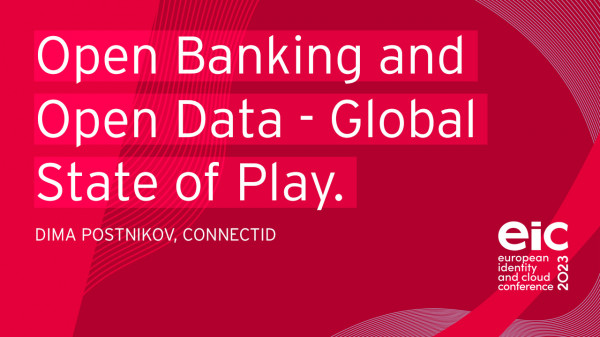OAuth is a widely used authorization framework that enables third-party applications to access resources on behalf of a user. However, it has been historically difficult to meet very high security and interoperability requirements when using OAuth. Daniel and Joseph have spent much of the last five years working to improve the state of the art and will present the latest developments in the field.
There are challenges when trying to achieve high security and interoperability with OAuth 2: Many potential threats need to be addressed, some not part of the original OAuth threat model. To seamless authorizations, optionality must be minimized OAuth itself and also in any extensions
used.
Six years ago, the IETF OAuth working group started work on the Security Best Current Practice document and more recently on OAuth 2.1. Meanwhile, the OpenID Foundation has created FAPI1 and FAPI2 security profiles.
We will introduce these specifications and help you understand the focus of each document and when to use which. We show how to achieve on-the-wire interoperability and high security through the use of techniques like asymmetric client authentication and sender-constraining via DPoP and MTLS. We highlight the benefits for implementers and the role of conformance testing tools.

AML-compliant customer identification in the finance and banking sector (KYC) in Germany is subject to the requirements of BaFin (the regulatory authority) and the Money Laundering Act. This involves the use of both on-site and online identification procedures, which are often provided by external service providers as “critical outsourcing" and as data order processing. In the age of ID wallets, this KYC process needs to be redeveloped from a regulatory, data protection and technical perspective - especially because the regulatory framework currently does not (yet) explicitly provide for the case of an ID wallet. The presentation describes the challenges for ID wallets and ID issuers in the AML context and shows an exemplary implementation.

Cash grab-robberies are out, online fraud is in. When multinational hacker groups target senior and vulnerable citizens as a business model.
Learn how BankID is fighting fraud and helps you stay on top by identifying, preventing and notifying you of fraudulent usage in real time, while preserving top user experience.
The dream of tomorrows digitalized society is already a reality. Sweden is one of the world’s most digital and innovative societies. The fast and secure digital identification provided by BankID is a corner stone in this, to many, futuristic ecosystems. Many shops and stores do not accept cash and the amount of cash is low, something that inflicts digital threat. Studies shows a steep growth curve of digital fraud in several markets. In some places, fraud has surpassed drugs in turnover and profitability and fraud factories are popping up globally. Talented social engineering fraudsters and patterns with efficient crime-as-a service software, modus and tools. Fraud schemes including native and international fraud clusters targeting Swedish bank customers.
Learn more around the Risk and Anti-fraud toolset in the BankID Identity Platform. Digital identity is an area where the need for innovation is extensive. Whatever future eID scenario you discuss, security is always at the core.

Open Banking is a true global movement that has already been implemented in many countries and being implemented in many others in the next few years. While the overall objective of Open Banking is the same, every implementation is different. This session will provide an overview of analysis of different ecosystems, different approaches to implementation, industry standards used, best (and worst) practices and potential future developments.
Identity and API security are key building blocks for any trust ecosystem supporting Open Banking. We will explore why every Open Data project becomes an identity initiative.
